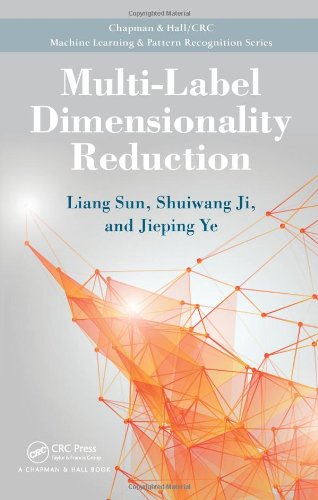

Most ebook files are in PDF format, so you can easily read them using various software such as Foxit Reader or directly on the Google Chrome browser.
Some ebook files are released by publishers in other formats such as .awz, .mobi, .epub, .fb2, etc. You may need to install specific software to read these formats on mobile/PC, such as Calibre.
Please read the tutorial at this link: https://ebookbell.com/faq
We offer FREE conversion to the popular formats you request; however, this may take some time. Therefore, right after payment, please email us, and we will try to provide the service as quickly as possible.
For some exceptional file formats or broken links (if any), please refrain from opening any disputes. Instead, email us first, and we will try to assist within a maximum of 6 hours.
EbookBell Team

0.0
0 reviewsSimilar to other data mining and machine learning tasks, multi-label learning suffers from dimensionality. An effective way to mitigate this problem is through dimensionality reduction, which extracts a small number of features by removing irrelevant, redundant, and noisy information. The data mining and machine learning literature currently lacks a unified treatment of multi-label dimensionality reduction that incorporates both algorithmic developments and applications.
Addressing this shortfall, Multi-Label Dimensionality Reduction covers the methodological developments, theoretical properties, computational aspects, and applications of many multi-label dimensionality reduction algorithms. It explores numerous research questions, including:
The authors emphasize their extensive work on dimensionality reduction for multi-label learning. Using a case study of Drosophila gene expression pattern image annotation, they demonstrate how to apply multi-label dimensionality reduction algorithms to solve real-world problems. A supplementary website provides a MATLAB® package for implementing popular dimensionality reduction algorithms.